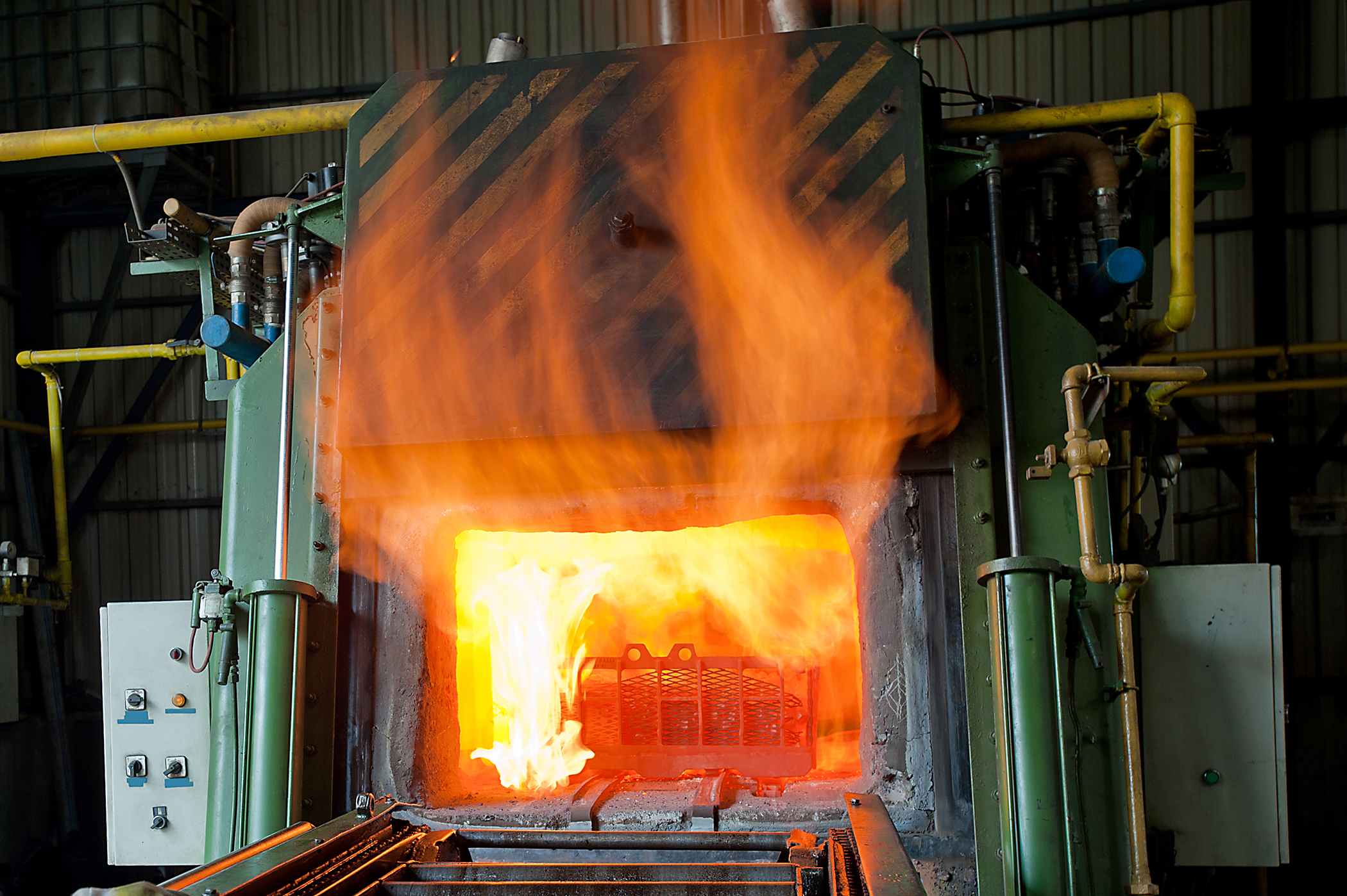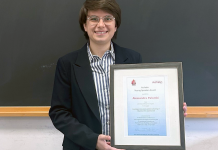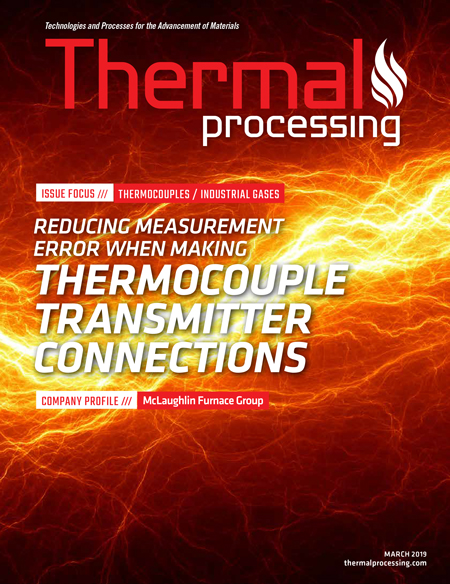
Quality management in the thermal-processing industry is essential to not only conformance, but also as a check-and-balance to both systems and operations. Quality at any thermal processor can be thought of as both an advocate for the company and for the purchaser. Being that all employees are responsible for quality, I would like to examine this from an operator’s point of view.
The Standard
In general, operators are trained in how to prepare hardware (when necessary) for thermal processing, how to load and operate equipment, and how to perform any necessary inspections. This may be split between departments or this may be performed by a single operator. Training typically consists of on-the-job (OJT) training followed by some type of test (written and/or practical) that approves them as a qualified operator. During this process both procedures and work instructions are typically used.
For operators, there are many variables within their job that should be considered, including production demands, equipment maintenance, and equipment operation. Some operators are responsible for multiple furnaces at once, making their focus even more spread out.
The standard would be that the operators are able to give the attention necessary to each variable they are responsible for, including the quality of the product. Included in this (possibly imaginary) standard would, of course, be quality oversight to ensure quality is maintained throughout each variable.
 The Practical Side
The Practical Side
I was once told by one of my early mentors that “if an operator makes a mistake, it’s your fault as an engineer. What could you have done to prevent the operator from making the mistake? Maliciousness is the only exception.” This has stayed with me throughout my career. This is also why operator error is not an acceptable root cause in any setting. In management and engineering, we should be looking at what tools we can give operators to mitigate errors.
A common tool is training. Throughout my consulting, I’ve seen many versions of operator training from industry and prime specification requirements and testing, to using ARP1962. While these may be useful in select settings, your operator should also be trained on the company heat-treat procedures and/or work instructions. Consider the basic flow-down process with regard to heat-treat; 1) the purchase order and/or print contain heat-treat requirements (including Nadcap), 2) these requirements are flowed down to internal procedures and/or work instructions. This means that, most of the time, testing and qualification of operators should not include industry or prime specification requirements. These requirements would have been included within the company procedures by the engineer or quality organization. This is also true regarding Nadcap checklist requirements. In the end, as long as the requirements flowed down from the purchaser are documented within a company’s internal procedures and/or work instructions, operator training needs to include only company policies, procedures, forms, and work instructions. Of course, practical and classroom testing should be incorporated.
Also, whenever procedures and/or work instructions as well as forms are modified, confirming the changes made with the operators is a good practice, as they are exposed to the process all day. The operator may well turn out to be a great source of knowledge for both the engineering and quality group.
In defense of heat-treat operators, it would be difficult to keep quality in mind in each process they perform, as much as we would expect them to. Including quality steps within procedures is a good remedy to this issue, especially if they are trained to their specific company procedures. Another way to remind heat-treat operators is to include them in quality meetings to ensure they understand the goals and requirements that affect them.
Summary
So often the industry focuses on management, engineering, and quality management. It’s important to be reminded that we build and organize our procedures to ensure our heat-treat operators produce quality product that conforms to the industry and/or prime specifications. Focusing on operator training can be the strongest ally for quality.


























